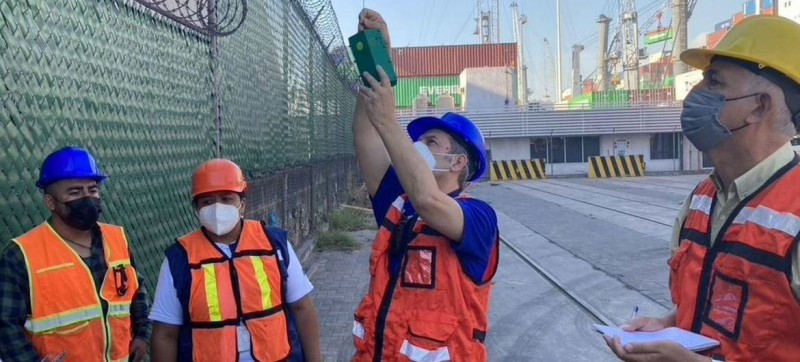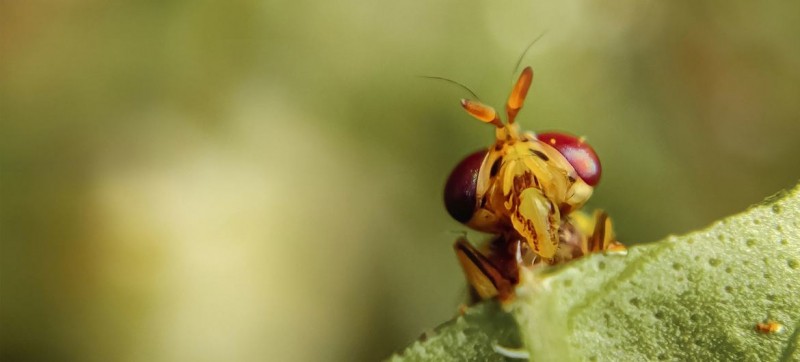FAO and IAEA technical advisory panel members review the Mediterranean fruit fly surveillance network at the port of Manzanillo, Colima, in Mexico One of the most devastating insect pests infesting fruits and vegetables in Mexico has been eradicated in the state of Colima, according to the International Atomic Energy Agency (IAEA). In cooperation with IAEA and the Food and Agricultural Organization (FAO), scientists there was able to use a UN-developed nuclear-based sterile insect technique (SIT) to eradicate the medfly, more commonly known as the fruit fly. The Colima outbreak, detected in April 2021 in the country’s largest port, Manzanillo, posed an immediate risk to crops, including guavas, mangoes, papaya, and oranges. If not managed promptly, Mexico – the world’s seventh-largest producer and exporter of fresh fruits and vegetables – could have faced quarantine restrictions imposed by States free from this pest. It would have been a significant blow to trade across the sector overall, which generates over €8.8 billion, or more than $9.2 billion, annually in exports as well as millions of local jobs. After receiving an emergency assistance request that April, the IAEA and FAO immediately dispatched experts to help set up and evaluate how SIT could be deployed. “This is one more example where SIT has been successfully used to prevent, suppress and eradicate invasive insect pests, contributing worldwide to food security and safety,” said FAO/IAEA entomologist, Walther Enkerlin Hoeflich, on the UN atomic agency’s technique developed for Member States through the Joint FAO/IAEA Centre of Nuclear Techniques in Food and Agriculture. Close up of a medfly, more commonly known as a fruitfly. When medfly females lay eggs in ripe fruit the quality of products can be impacted, making them inedible and unfit to be sold. To control the outbreak, Mexico designed and implemented an emergency action plan with the assistance of FAO/IAEA experts, delivered through the IAEA technical cooperation programme. Scientists released more than 1,450 million sterile male flies in Colima with the environmentally-friendly SIT insect pest control method, that uses irradiation to sterilize insects. When the males mated with wild females after their release, no offspring were produced – eventually leading to eradication of the insects. “Mexico has managed to maintain its status as a country free of the Mediterranean fly,” said Francisco Ramírez y Ramírez, General Director of Plant Health of the National Service for Agrifood Health, Safety and Quality (SENASICA) of Mexico at the event declaring the eradication of the pest in the State of Colima. In cooperation with FAO, the world’s second largest Mediterranean fruit fly facility opened earlier this year with IAEA support in Mexico’s Chiapas state on its southeastern border with Guatemala. It is the second largest in the world with a production capacity of one billion flies a week to help keep the country’s growing agriculture pest free. It focuses on mass production of sterile insects and, together with the El Pino facility in Guatemala, helps maintain the containment barrier that prevents the introduction and spread of the pest to northern Guatemala, Mexico, and the United States. The IAEA will continue assisting and working together with Mexico through national and regional technical cooperation projects, and through its National Fruit Fly Programme, an IAEA Collaborating Centre.
Threatening farmers’ livelihoods
Ready assistance

SIT success
Sterilization lab
Related Posts
WEJ PROJECTS
© 2009-2025, World Economic Journal. All Rights Reserved. Republishing permitted with attribution and active hyperlink to the original source.

